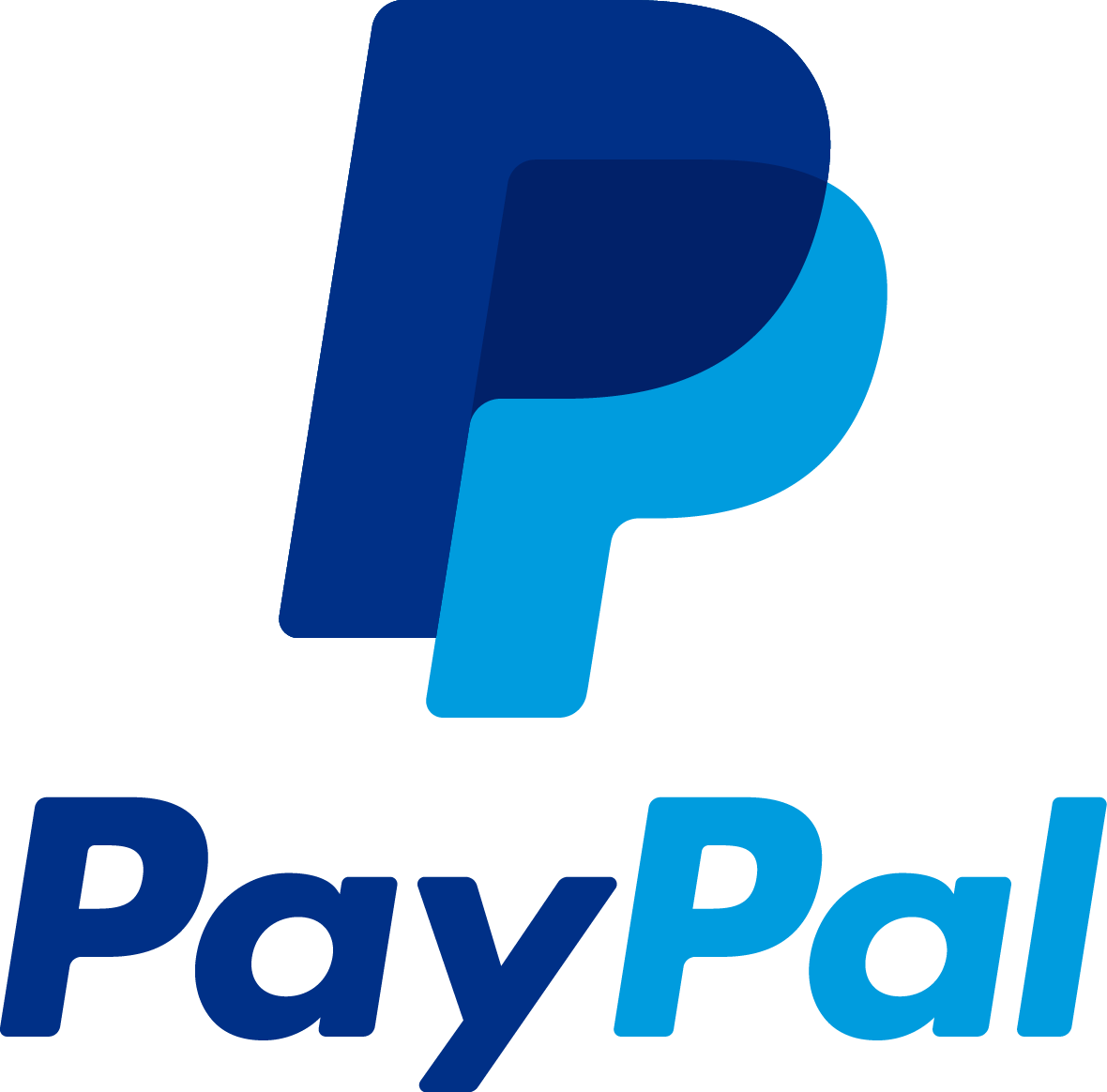CAUSEBOX On a Mission to Deliver Better Products & a Better World
Apr 28, 2017 2:00 PM ET

Originally posted on PayPal Stories
Next week is National Small Business Week and PayPal is excited to celebrate the millions of inspiring small businesses we work with globally. We’re interviewing small businesses to find out what inspired them to start their business, the challenges they have faced, and the advice they have for other aspiring business owners. We sat down with Brett McCullom and Matt Richardson, the founders of CAUSEBOX - sustainably and ethically made, curated products for women.
What inspired you to start your business and how did you guys come up with the idea for it.
Prior to CAUSEBOX, we started a stationery company, the primary emphasis of which was to encourage people to express gratitude habitually. And so we were within the network of social enterprise and just fell more and more in love with it. At the same time, we saw all of these curated subscription boxes emerging. We noticed that there wasn't one that curated socially conscious products.
We also recognized that it was difficult to find socially conscious, sustainable and ethically made products. So, we created the box that we needed. And very quickly, it began to overtake the other parts of the stationery company, so we decided to focus all of our time and effort on it.
How do you build social consciousness into picking your products—and your partners?
It’s a multi-faceted approach. First, we pay the merchants fairly for their products, so that that they can pay their artisans fair wages. In addition to that, as our brand grows, our stamp of approval (via brand recognition) helps the merchants see a bump in traffic to their own websites. To help them market, we’ll put gift cards and coupons for them in our boxes to help drive traffic to their businesses. As a result, about 8o% of our partners have asked to re-partner unaided.
In addition, we help the artisan groups themselves to grow. We’ve started our own private-label brand. Historically, we’ve put in some large orders, which caused our partners to hire seasonal help. But then, they had to let the help go in the slower times, which we felt badly about. We wanted to encourage them to keep their help, so we’re now working directly year-round with those artisan groups.
Finally, our partners have give-back programs, like free meals or free education. Our order sizes, which are usually much bigger than their usual ones, help them give back a lot more, as well. The “follow along” give-backs are magnified by our orders.
What were some of the challenges you faced when you started CAUSEBOX?
As a company where you outsource products, we’re relying on 68 other brands to meet deadlines, packaging requirements, and to get everything to the right place at the right time. There's a lot of things that are out of your control. So, we've done our best to build in repeatable systems and factor in some buffer time in order to minimize delays.
How is CAUSEBOX using PayPal today?
When we introduced PayPal, we saw this massive uptick in sales, and we were really surprised. Immediately, it became responsible for a lot of our sales, and it helped increase our conversion rates. It’s about 25% of our transactions annually now. We wished we had done it from the start.
Also, we’ve seen a tangible decline in our churn rate since we’ve introduced PayPal. Because we are a subscription business, we run into issues with credit cards expiring, or people moving and not updating their payment information. PayPal has a drastically higher renewal rate than we see with our credit card transactions. While partnering with PayPal, we’ve been able to prevent a lot of non-renewals and failures to bill.
Also, we don’t have trust seals on our website, like the Better Business Bureau, so the PayPal brand lends credibility and trust to our business, because the logo is so recognizable and the brand is trusted.
What advice would you give other entrepreneurs about marketing their own small business?
It’s crucial to recognize that there are things you don’t know. Even when you think you have things figured out, make sure to have some intellectual humility. There are always going to be better ways to do things—don’t assume that your way is the best way. If you start from that place, and keep it throughout your first year, it will really help.
Also, try to be more formal with your projections and your systems. As early as you can, try to figure out how much it will cost to get people to your site, how frequently they’re converting into customers, and what it costs to acquire them. Figure it out as fast as you can, and then keep figuring it out, as it will help you the most. And then invest in the marketing and operational programs that are the most effective and efficient for you, that's really the name of the game.
PayPal Stories Staff

